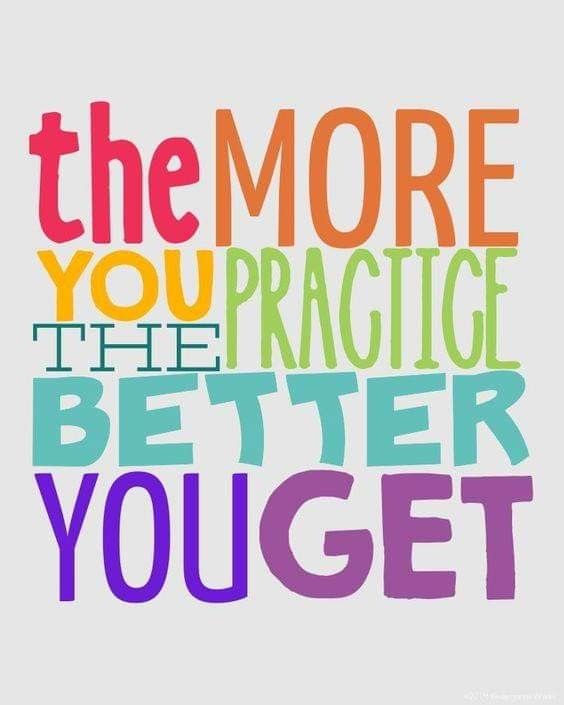When I asked successful music supervisors how they manage to find the song they’re looking for among the thousands of song links, mp3s, and CDs they collect every year, they all told me they keep “song playlists.”
Music supes have to find songs quickly. When a film director or TV series producer shouts “Get me a quirky, upbeat love song!” the music supe has to scramble to find three to four songs that fit that description ASAP. A playlist of “Quirky, Upbeat Love Songs” will be just what’s needed. If they don’t have that, the chances of uncovering the right song in a few short hours will be next to zero.







